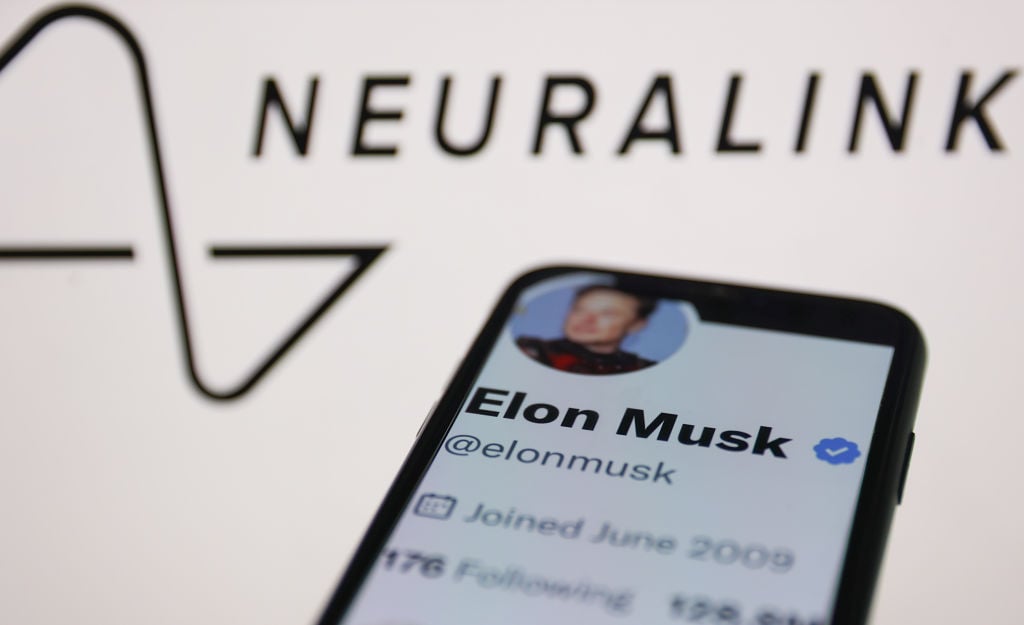AI Threat Looms: Klarna CEO Warns of Potential Recession as White-Collar Jobs Face Disruption

The rapid advancement of Artificial Intelligence (AI) is sending ripples of concern through the business world, and the CEO of Klarna, Sebastian Siemiatkowski, is among those voicing serious warnings. Siemiatkowski recently stated that the widespread adoption of AI could potentially trigger a recession, as the technology increasingly encroaches upon traditionally white-collar job roles.
This isn't mere speculation. Siemiatkowski has firsthand experience with AI's transformative power. He previously revealed that Klarna’s AI assistant is already performing tasks that would normally require the efforts of 700 full-time customer service agents. This startling statistic highlights the sheer scale of the potential job displacement that AI could bring about.
The Rising Tide of AI Automation
The impact isn't limited to customer service. AI is making inroads into various sectors, including finance, marketing, and even software development. Machine learning algorithms can now automate complex tasks, analyze vast datasets, and make decisions with increasing accuracy. This efficiency, while beneficial for businesses, poses a significant threat to workers whose roles can be readily automated.
Why Recession? The Domino Effect
Siemiatkowski's recession warning stems from the potential domino effect of widespread job losses. A significant reduction in the workforce, particularly in white-collar roles, could lead to a decrease in consumer spending, a slowdown in economic growth, and ultimately, a recession. When people lose their jobs, they cut back on discretionary spending, impacting businesses across the board.
Beyond Job Losses: The Skills Gap Challenge
While AI may eliminate some jobs, it will also create new ones. However, the challenge lies in ensuring that the workforce possesses the skills needed to fill these emerging roles. A significant skills gap could exacerbate the problem, leaving many workers struggling to adapt to the changing job market. Retraining and upskilling initiatives will be crucial to mitigate the negative impacts of AI-driven automation.
Navigating the AI Revolution: A Call for Proactive Measures
The rise of AI presents both opportunities and challenges. Governments, businesses, and individuals must proactively address the potential risks while harnessing the benefits of this transformative technology. This includes investing in education and training programs, exploring alternative economic models like universal basic income, and fostering a culture of lifelong learning.
The Klarna CEO’s warning serves as a stark reminder that the AI revolution is not just about technological advancements; it's about the future of work and the well-being of society. Ignoring the potential economic consequences would be a grave mistake. The time to prepare for the AI-driven future is now.
Key Considerations for India (en-IN focus):
- Impact on BPO Sector: India's Business Process Outsourcing (BPO) sector, a major employer, is particularly vulnerable to AI automation. Strategies for reskilling BPO employees are crucial.
- Digital Literacy: Improving digital literacy across all demographics is vital to ensure workers can adapt to new roles.
- Government Support: Government initiatives to support workforce transition and promote AI-related skills development are essential.





